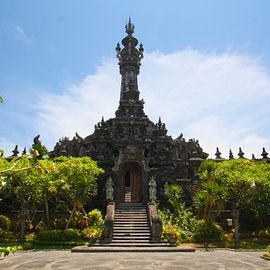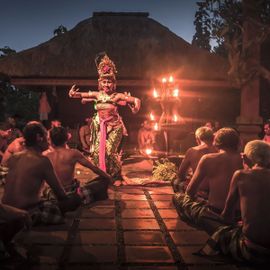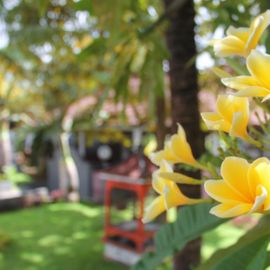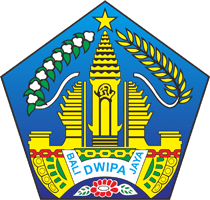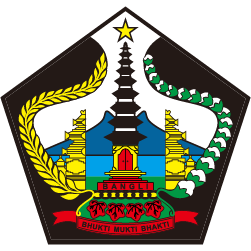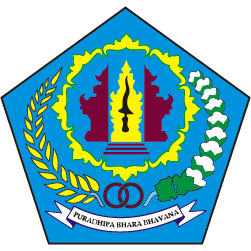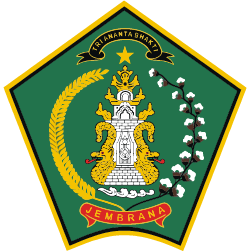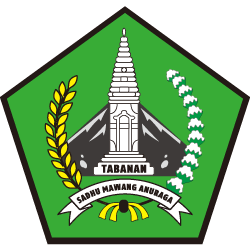Dharmagita, The Spritual Song Of Peace
Dharmagita, The Spritual Song Of Peace.
Have you ever heard the melodious singing sung by the pedanda when you’re at the temple? It’s not a usual song, apparently. Each song has a deep meaning. It contains prayers and stories. In Hindu-Balinese terms, it’s called Dharmagita.
The Sacred Song of Dharmagita
Dharmagita comes from Sanskrit. The word "Dharma" has the meaning of truth or religion, whereas "Gita" means song. Thus, Dharmagita is a sacred song that is specifically sung during Hindu religious ceremonies, as well as to accompany the ritual ceremony or yadnya. For Hindus, the tradition of actually singing the hymns is fairly ancient. Because there is the same book of Vedas that contains hymns or idols which are more often used in the implementation of yadnya ceremonies. But in some religious activities, Dharmagita is still very much needed because the rhythm of the song has several types of variations. So it is very helpful to create a solemn atmosphere that is emitted by the vibration of purity in accordance with the type of yadnya.
This sacred song has several types. There is sekar rare, which in the lyrics that contain moral messages, character, stories of behavior and knowledge. There is also sekar alit. The lyrics in this song contain knowledge, morality, spirituality, or romance. Next there is sekar madya. Sekar madya is a song to accompany religious ceremonies. The contents of the song adapted to the implementation of Hindu religious ceremonies. The next type of Dharmagita is sekar agung. This type is also called kekawin or wirama. The lyrics of Sekar Agung are written in Ancient Javanese or pabencangah language. The highest spiritual and philosophical elements of Hindu life are contained in this song. In addition, there is also sloka. It is a verse section of a holy book that is read with the rhythm of a mantra. Its contents contain idols of God's greatness and all its manifestations. The last one is the palawakya. This is a reading of a translation of sloka with a certain rhythm using Ancient Javanese. The pedanda usually read the Book of Sarasamuscaya using the rhythm of the palawakya.
Besides being sung during religious ceremonies, apparently the singing of Dharmagita also brings positive benefits to the soul. Because it can form a positive attitude on mental, dignity, behavior, and even can increase the spiritual knowledge of people who like to learn the soul and human behavior. Just as it means religious songs, Dharmagita can bring calm to the singer and also to those who listen.




